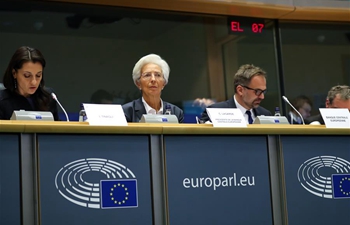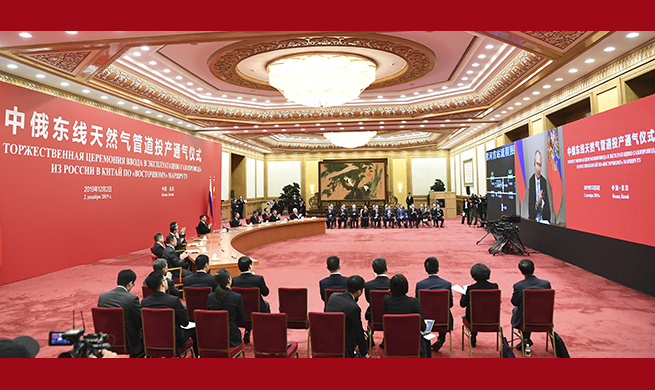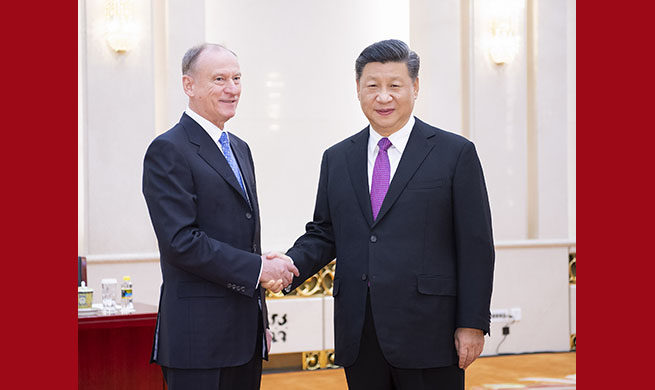WASHINGTON, Dec. 2 (Xinhua) -- Two U.S. Senators on Monday urged the U.S. State Department to sanction Turkey, which has shown no signs of giving up its Russian S-400 missile system.
"The time for patience has long expired. It's time you apply the law," senators Chris Van Hollen and Lindsey Graham said in a letter addressed to U.S. Secretary of State Mike Pompeo, referring to the Countering America's Adversaries through Sanctions Act, which has imposed sanctions on countries like Iran and Russia.
The letter came about 20 days after Turkish President Recep Tayyip Erdogan's visit to the White House in November.
Despite U.S. efforts to mend ties, Erdogan has not committed to abandoning the S-400 missile system, but has promised to engage in further talks.
Recently, Turkish Foreign Minister Mevlut Cavusoglu drove home the point that Turkey never promised to not install or use the Russian-made S-400 missile system.
Turkey signed a 2.5 billion U.S. dollar agreement with Russia to purchase S-400 missile batteries in 2017, and began taking deliveries in July this year.
In response, Washington removed Ankara from its F-35 fighter jet program, in which Turkey is a buyer and manufacturer, fearing that the Turkish move might enable Russia to obtain sensitive information on the aircraft.
The U.S. Department of Defense reported 500 million dollars of increased spending to shift the manufacturing of F-35 parts out of Turkey.
Senators Van Hollen and Graham, by issuing the letter on Monday, are believed to be concerned that restraining from punishing Ankara undermines Washington's efforts to deter other countries from buying Russian military hardware.
Failure to sanction Turkey would send "a terrible signal to other countries that then can flout U.S. laws without consequence," they said in the letter.
In November, The Wall Street Journal cited a letter from Pompeo and U.S. defense chief Mark Esper to Egypt, which threatened sanctions if it bought fighter jets from Russia.
"Major new arms deals with Russia would - at a minimum - complicate future U.S. defense transactions with and security assistance to Egypt," the letter said.













